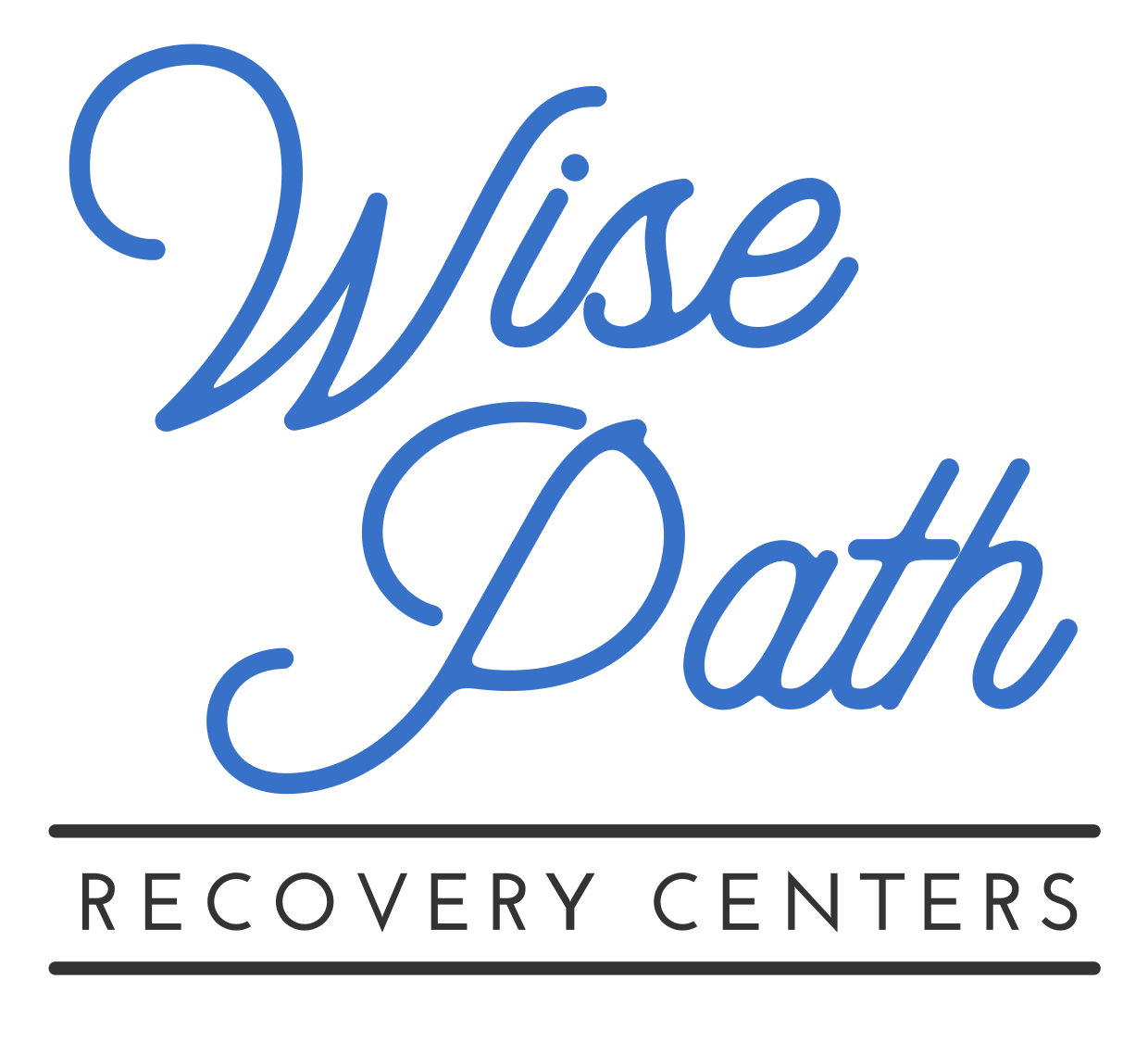Aerosol inhalation refers to the deliberate breathing in of vapors from household sprays and pressurized products. While some people may view it as harmless experimentation, the reality is that inhaling aerosols can cause sudden medical crises and long-term harm to the brain, lungs, heart, and other organs. This article explains what aerosol inhalation is, how it affects the body, the risks it carries, and what can be done if someone is struggling with this form of substance use.
What Is Aerosol Inhalation, and Why Do People Misuse Aerosol Inhalants?
Aerosols are everyday products, such as spray paint, deodorant, cleaning sprays, and canned air dusters. When misused, the gases and solvents in these products can produce a brief sense of euphoria, dizziness, or altered perception. People may inhale directly from the can, spray into a bag and breathe the vapors, or soak a cloth and inhale through it. Because the effects are intense but short-lived, repeated inhalation often happens in quick succession, greatly raising the risk of harm.
Short-Term Effects of Aerosol Inhalation on the Body and Mind
The immediate effects of aerosol inhalation appear within seconds. A person may feel lightheaded, giddy, or detached from reality. Common signs include slurred speech, poor coordination, blurred vision, nausea, vomiting, or confusion. These aerosol inhalation side effects may wear off quickly, but during that time, a person is vulnerable to accidents, injuries, or sudden medical emergencies such as suffocation or heart irregularities.
Long-Term Health Risks Linked to Aerosol Inhalation
Prolonged aerosol inhalation abuse can damage multiple organs and systems in the body. The brain is especially sensitive, with frequent use linked to memory problems, difficulty concentrating, and changes in mood or personality. Chronic inhalation can also harm the liver, kidneys, and lungs, while nerve damage may cause lasting numbness, weakness, or coordination issues. These aerosol inhalation side effects can persist even after use stops.

Warning Signs That Someone May Be Inhaling Aerosols
Loved ones may notice changes that suggest aerosol misuse. Physical signs include frequent headaches, chemical odors on breath or clothing, red or irritated eyes, and small burns or frostbite around the mouth. Behaviorally, a person may become withdrawn, irritable, or secretive, and you may find empty spray cans, hidden rags, or bags that smell strongly of chemicals. Declining school or work performance may also signal a problem.
What to Expect from Aerosol Inhalation Withdrawal and Detox
Stopping aerosol inhalation after repeated use can bring uncomfortable withdrawal symptoms. These may include nausea, sweating, anxiety, shakiness, cravings, and sleep problems. Medical detox provides a safe environment where health professionals can monitor the heart and lungs, support hydration and nutrition, and ease symptoms as the body adjusts. Because relapse is common early on, a structured treatment program is often recommended after detox.
Drug & Alcohol Rehab and
Addiction Treatment in West Virginia
Get in touch with our recovery center today at 866-860-9772
When Aerosol Inhalation Turns into a Medical Emergency
In some cases, aerosol inhalation can cause sudden cardiac arrest, seizures, or loss of consciousness. If someone is unresponsive, having trouble breathing, or experiencing chest pain after inhaling aerosols, call emergency services immediately. Moving the person to fresh air and placing them on their side if they are unconscious but still breathing may help until help arrives.
Treatment Options and Support for Recovery from Aerosol Inhalation
Can you get addicted to inhaling aerosol? While it’s not the same physical dependence associated with alcohol or opioid use, you can develop a psychological dependence on aerosols, but treatment is available.
Recovery from aerosol inhalation is possible with the right support. Substance abuse treatment in West Virginia combines medical monitoring, counseling, group therapy, and education about healthier coping strategies. Addressing underlying emotional pain, stress, or trauma is a key part of long-term recovery. Families also benefit from learning how to provide support and set healthy boundaries.
Drug & Alcohol Rehab and
Addiction Treatment in West Virginia
Get in touch with our recovery center today at 866-860-9772
Find Help for Aerosol Inhalation at Wise Path Recovery Centers
If you or someone you love is struggling with aerosol inhalation or any form of inhalant misuse, you do not have to face it alone. At Wise Path Recovery Centers, we provide compassionate, evidence-based care designed to address both the physical risks and the emotional challenges behind substance use. Our programs combine medical support, therapy, and holistic approaches to help clients regain stability and build healthier coping strategies.
Recovery is possible, and taking the first step matters. Reach out to Wise Path Recovery Centers today to learn how we can support you or your loved one on the path toward healing.
Frequently Asked Questions About Aerosol Inhalation
Is aerosol inhalation addictive?
Yes, while it may not cause physical dependence in the same way as alcohol or opioids, many people develop a strong psychological urge to continue inhaling aerosols. This compulsive pattern of use can be difficult to stop without professional help.
How common is aerosol inhalation among young people?
Aerosol inhalation is more common among adolescents and teenagers because the products are cheap, legal to buy, and easy to hide. Early experimentation often happens at home or school before the risks are fully understood.
Can a single use of aerosols be deadly?
Yes, even one inhalation can trigger “sudden sniffing death syndrome,” where the heart stops unexpectedly. This can happen in people with no previous health issues and is one of the most serious risks associated with aerosol misuse.
Are there safer alternatives for people seeking stress relief instead of inhalants?
Yes, exercise, deep breathing, meditation, creative hobbies, and therapy are all healthy ways to manage stress and mood without risking long-term damage. Treatment centers also teach individuals coping tools that can replace substance use.
What should I do if I suspect a loved one is inhaling aerosol?
Start with a calm, nonjudgmental conversation. Express concern for their health and safety, and avoid shaming language. If the behavior continues, reach out to a treatment provider for guidance on how to encourage professional help.

